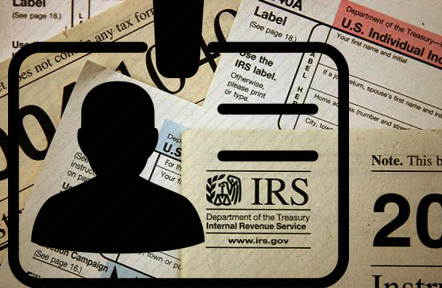Lawmakers to "Test" Bipartisanship on Immigration Reform
 Following failed attempts to pass immigration reform through partisan budget reconciliation, Senate Majority Whip Dick Durbin says he is engaging with Republican Senators John Cornyn and Thom Tillis in search of a bipartisan immigration deal.
Following failed attempts to pass immigration reform through partisan budget reconciliation, Senate Majority Whip Dick Durbin says he is engaging with Republican Senators John Cornyn and Thom Tillis in search of a bipartisan immigration deal.
“I don't want to hear the word reconciliation. That holds up false hope...The question is: is there anything we can do on the subject of immigration that can win 60 votes in the Senate? We're going to test that,” said Durbin on immigration in a recent interview.
The senator's comments are encouraging for Americans that want solutions to America's broken immigration system because bipartisanship is necessary for legislative success. It is good to see that lawmakers are now working together on this critical issue.
Fortunately, lawmakers don't have to start from scratch. The Bipartisan Border Solutions Act has already received widespread bipartisan and bicameral support, but has yet to be marked up in committee. This bill would provide a good start to improving security and processing at the border.
Lawmakers should also work on adjusting the legal immigration system by improving pathways for high-skill workers and creating (currently almost non-existent) pathways for "low skill" immigrants and visitors to help alleviate the current historic labor shortage and its inflationary pressures. With the largest number of open jobs in US history (11.2 million and rising), and Americans unavailable or unwilling to fill them, an immigration system that can efficiently bring in workers where they are needed will not only benefit the economy but also help to eliminate the "jobs magnet," which is arguably the largest pull factor for illegal immigration.
A solution to deal with the unauthorized immigrants living and working in the US is also needed. Creating a conditional method for them to earn legal status and work permits would go a long way in enabling the federal government to identify and tax them properly. Currently, lack of legal status and work permits encourages unauthorized immigrants to work for employers who do not pay employment taxes or provide benefits like health insurance. This allows these employers to undercut and underbid employers that follow the rules.
Coupled with increased enforcement against payroll fraud and worker misclassification, an ID and Tax solution would not only level the playing field for law-abiding workers and businesses who are being cheated by fraudulent employers, it would also increase tax revenues without raising taxes on lawful taxpayers.
One example of ID and Tax legislation that is already out there is the Dignity Act, which was introduced in February by Republican Rep Maria Salazar. The bill would create a conditional pathway for unauthorized immigrants who have been in the US for at least five years and can pass background checks to earn permanent legal status over 15 years of working, paying taxes, and remaining in good legal standing. The bill also includes extensive border security and enforcement provisions, and as thus could serve as a starting point for Republicans in bipartisan negotiations around dealing with unauthorized immigrants.
Lawmakers should also place increased urgency in working together to pass legislation that allows DACA recipients to earn permenent legal status. While DACA has allowed unauthorized immigrants who came to the US as children before 2012 to earn renewable legal status, a federal court recently ruled that the program's creation in 2012 through executive order was illegal, and that the program could be ended at any time pending further judicial action. It makes no sense to take back legal status and work permits from these immigrants who grew up in the US and have been maintaining good legal standing for 10 years.
While significant bipartisan immigration reform has not been achieved in 36 years, the passage of a recent border security bill with flying colors, although narrow in scope, proves that bipartisan legislating on immigration-related matters is possible. The Shadow Wolves Enhancement Act, relating to border security operations conducted by a Native American Task Force whose reservation lies on the southern US border, passed the House on March 8th with 387 yea votes and only 33 nays.
This example of legislative success and Durbin's comments provide hope for immigration reform in an election year where politics may polarize lawmakers and Americans. Incumbent lawmakers should seize the opportunity and impress their constituents by passing immigration solutions like the above that benefit the American economy and people - it's a political winner.
In a February 2022 poll of registered voters, when asked "Would you support or oppose Republicans and Democrats working together on immigration reforms that strengthen border security, create a pathway to citizenship for undocumented immigrants who came to the United States as children, and ensure a legal, reliable workforce for America’s farmers and ranchers?" 79% of voters said support, including 76% of Republicans.
When asked if lawmakers should act on these reforms before the midterm elections, 72% of voters said yes, including 65% of Republicans.








